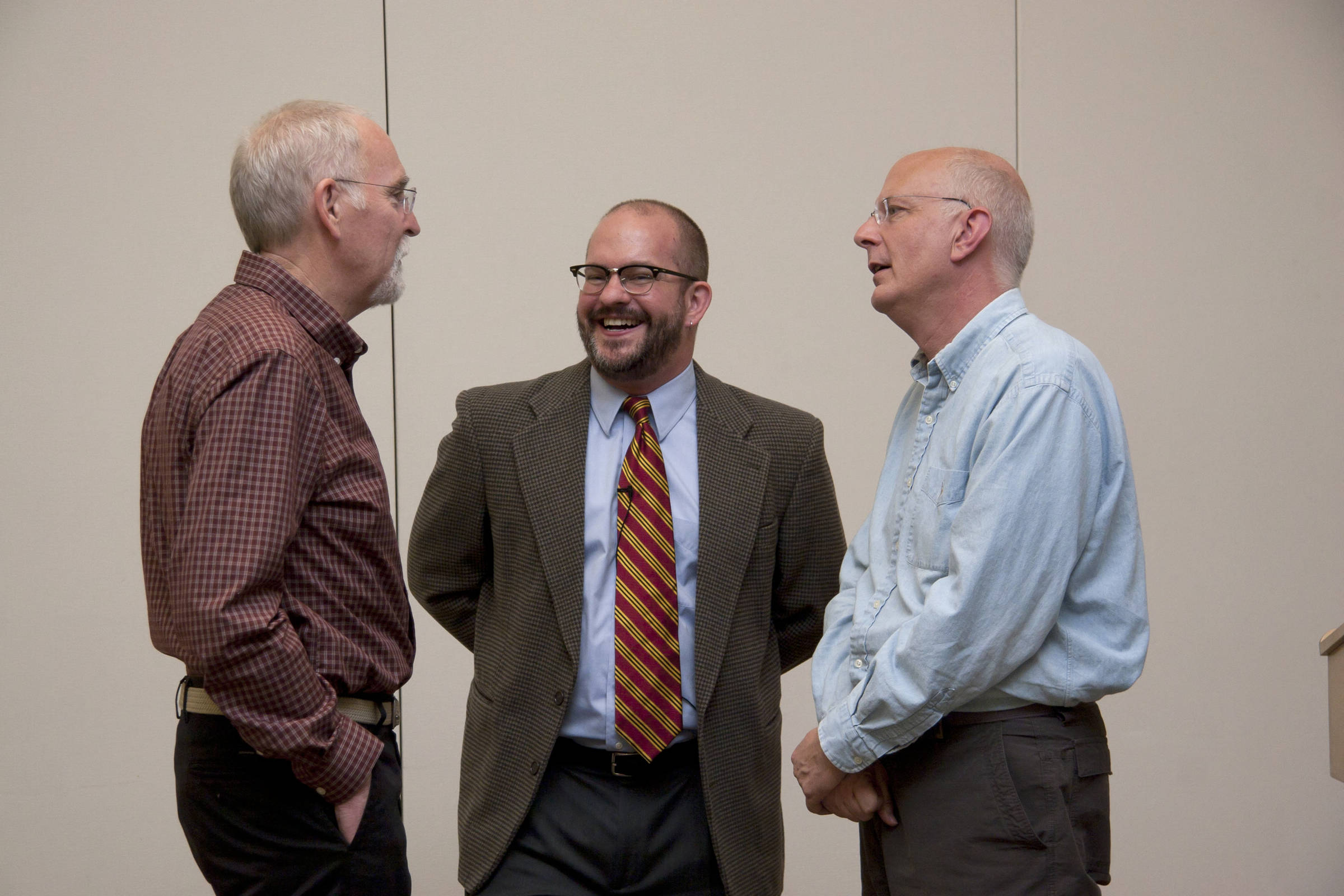ABSTRACT
In this presentation, I will show how central "magic" and its fellow occult sciences – alchemy and astrology – were to early modern thinkers, and thus why they should be central to our examination of the early modern world. Magic was explicitly theological and even orthodox in the minds of many early modern scholars, and their magical pursuits were not exceptional for the time period. In failing to comprehend this, historians, theologians, and religious studies scholars compromise the understanding of not only early modern magic, but also early modern religion and early modern culture in general. We contemporary people like to think of ourselves as "beyond such superstition," and yet not only are we not beyond it, much of it was not superstition. By pretending that these essential spokes are invisible or altogether absent, we risk the stability of the larger wheel and ultimately we risk losing an accurate portrait of ourselves.
BIOGRAPHY
Garth D. Reese, Jr. is Associate Professor and Head of Special Collections & Archives at the University of Idaho Library. Coming to the U of I from the Morgan Library & Museum in New York, Dr. Reese's research interests include the history of early modern British theological, scientific, and occult thought; the history of new religious movements in Britain and America; the history of the book and printing; and the history of museums and libraries. He is presently working on an in-depth study of Frank Bruce Robinson and Psychiana, Robinson's "New Psychological Religion."
For more information: Rodney Frey



